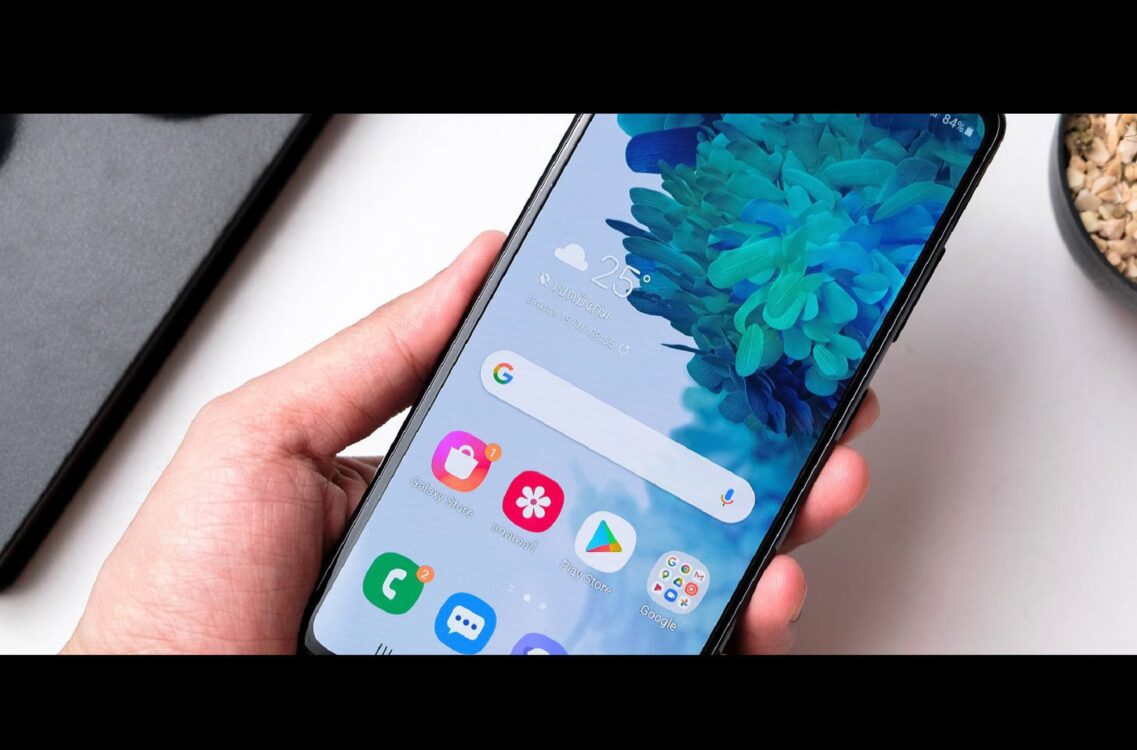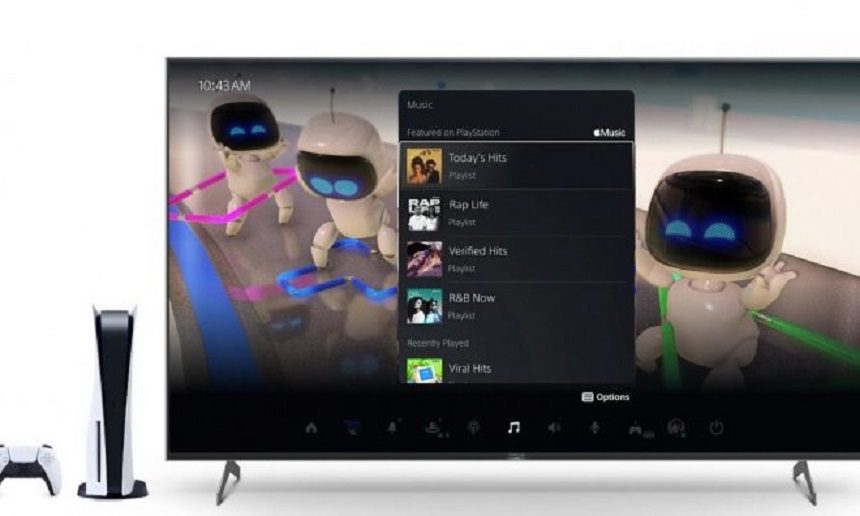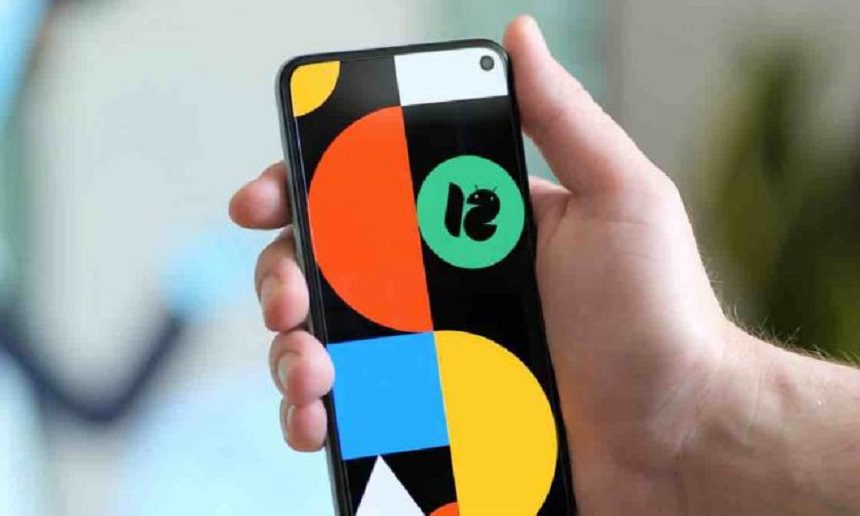While smartphones on the market often look more and more alike, Samsung has found another way to stand out: by improving Your Service, an online tool that simplifies the repair of its devices.
Samsung hasn’t redesigned its phones, tablets, and other smartwatches to make it easier to replace parts, but the company now offers several options to simplify the process.
You may also be interested in: Trover Saves the Universe PC Full Version Free Download
No matter what problem your Galaxy device is experiencing, whether it’s under warranty or not, Samsung allows you to manage its repairs from a single website, Your Service. At this address, the company offers an appointment booking tool and the possibility of organizing a free pick-up at home.
You can then track the progress of repairing your device by receiving emails and text messages. In general, repairs should be completed within three business days. Shipping is free and, COVID-19 requires, disinfection of mobile devices is included.
Some of these options already existed in the old version of the site, but the planning of a repair is now done in self-service, without having to go through customer service, in particular.
Prefer to hand-deliver your phone? The site allows you to make an appointment at a Samsung service center in Montreal or Toronto, or at an authorized establishment (more than 140 in Canada in total).
However, there are some things you need to keep an eye on. For example, self-service booking is offered for phones and tablets, while you have to go through customer service to arrange a pickup of a smartwatch or computer. But, overall, all Galaxy devices can be repaired in this way.
Note that the price for a repair can vary greatly for devices that are no longer covered by the warranty. For example, changing the screen of a Samsung Galaxy S20 FE costs $196, while that of an original Galaxy Z Fold requires $845. However, the parts used are always original parts, which is not necessarily the case with a retailer who is not authorized.
A new trend
Samsung isn’t the only company investing in repair to stand out from its competitors. In recent years, other phone manufacturers have chosen to enhance their after-sales service.
This is notably an avenue taken by Huawei, which offers on its website several similar features, such as tracking the status of a repair and a postal repair service (or the user must however go to a drop-off point to hand over his device).
The company also offers VIP service to help set up and use your phone in person (in Quebec, it is offered in Montreal, Quebec City, Laval, and Gatineau) and “Huawei Service Days”, a monthly event where repair costs are reduced.
Apple has also long been the model to follow for the organization of repairs, with different tools on the web to organize an appointment in an Apple Store or the sending of a device by mail. Here too, door pickup is not offered, but a prepaid box is sent to the customer.
The repair time is a bit longer, however – usually five to nine working days – and not all devices can be repaired with the delivery service.
Without access to simple repair devices, the improvement in repair platforms that we are currently seeing marks a step forward for the industry. The easier and faster it is to restore your device, the more likely it is after all for the user to do so, rather than just replacing it with a new model. And this is even more true far from urban centers, where a repairman is not always present.
If you are facing any issue in downloading or need assistance Click here .





